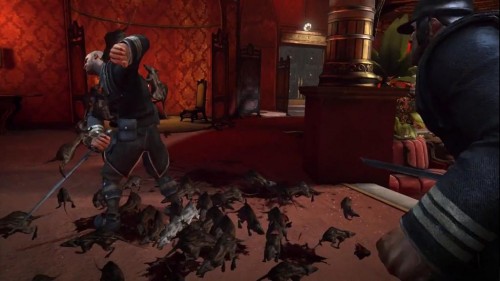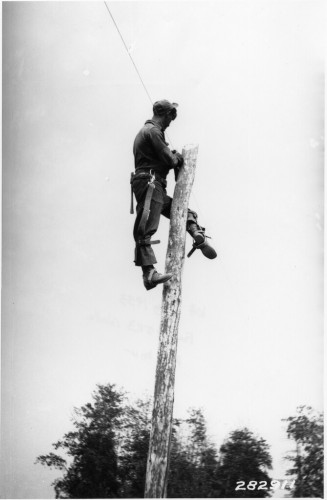
One of the more frankly disturbing things I’ve read about video games recently wasn’t about sexism/misogyny but was instead about the NPCs (non-player characters) inserted into a game for a player to murder.
The piece in question was on the game Battlefield Hardline, and it contained quotes from the game’s makers regarding the thought that went into the presence and creation and – in particular – the dialogue of enemy NPCs in the game. As games have become more complex and voice acting has become more of a thing on which some focus is placed when a game is in development, there naturally arises the question of what these people are actually going to be saying. This leads to additional questions: Is the dialogue going to be more informative than anything else? Will there be any actual characterization of these people who are, after all, there largely to be killed by the player and whose lives will therefore be cut (tragically) short? Are these mustache-twirling villains, or are they just people?
And what do those decisions end up meaning for player experience?








